Six moves later, sophomore Isabel Dominguez walks through the doors of Legacy, entering her new world for the next few years. Dominguez’s father served in the United States Army for more than 20 years. Life in the military, the only life she knows, gives her the proud title of a “military brat.”
Roughly one of every 25 Americans live as military brats, or a child of military personnel. As a result of their parents’ job, an average lifestyle for military brats includes moves about every 2-4 years, life on a military base alongside other military brats and periods of time with their parents not home.
Dominguez and her family of six made their way to Texas her eighth-grade year. She typically attended schools on the military bases she lived in. In Texas, she attended her third public school.
“When I went to school on a military base, we were all in the same boat and it wasn’t weird to meet new people,” Dominguez said. “But when I moved here, and I went to Jobe, everyone just was like, ‘Who are you? Where’d you come from?’ I just got a lot of people coming at me. But I just think it’s because they’re not used to seeing new faces.”
Even though she attends the same school as her peers, they live worlds apart. Dominguez’s normal differs from her fellow student’s normal.
“I remember when I lived on a military base, I thought civilians were so weird, ” Dominguez said. “They don’t have to go through a whole safety check system just to get to their house. And for me, though, that was normal, it is like a safe place.”
Because of the different circumstances, military brats need extra support from the teachers and administrators. Their parents can be gone months, sometimes even years at a time. Assistant Principal Leonard Cousins understands these students after he served 22 years in the United States Army.
“I was a parent while I was in the military,” Mr. Cousins said. “My kids were sort of in that situation, [and] I know it’s a little hard on the kids because, in the military, we often move, and sometimes we’re not there.”
Dominguez finds it hard for her teachers to fully understand her situation. Without military bases prevalent in the DFW area, teachers may not be able to relate with military brats easily. Cousins takes it amongst himself to be there for these students since he understands their circumstances.
“I think it’s important for the teachers and the administration to monitor that student, for instance, if the student’s parents deploy, while they’re here in school, then we have to be able to provide for that student because that’s a difficult time. We get that information out to the teachers and let them know you have a [student] whose parent has deployed and they’re going to need some additional assistance,” Mr. Cousins said. “And typically, you put your counselors on standby in the event that [the student has] just anything and it doesn’t have to be somebody gets hurt, but it’s just the fact that knowing that your dad or your mom is deployed, somewhere. That’s pretty tough on the kid.”

The reality of military brats parents coming home is they don’t return the way they left. While overseas, they experience things civilians can never begin to imagine. This is called PTSD or post-traumatic stress disorder, according to the U.S. Department of Veterans Affairs, 11-20 out of every 100 veterans experience PTSD. This can affect the families they come home to.
“When he would come home from deployments we definitely would be careful with the words we used because anything can trigger his PTSD,” Dominguez said. “And we’ve always been raised to be aware of what we’ve said, if my dad looks like he’s having a panic attack, just leave him alone. Because that’s kind of, what we’ve just been taught.”
Military families make ultimate sacrifices alongside their military personnel. Home is not a place but rather the people they are surrounded by. This is Dominguez’s last year in Mansfield because she will be transferring to Burleson.
“I think getting attached to a certain place and then having to leave it and start over is one of the hardest parts. I mean, through time it gets easier, but as I got older, I made really good friends, and it’s harder to leave them,” Dominguez said. “But my favorite part is going to different places and experiencing different things.”



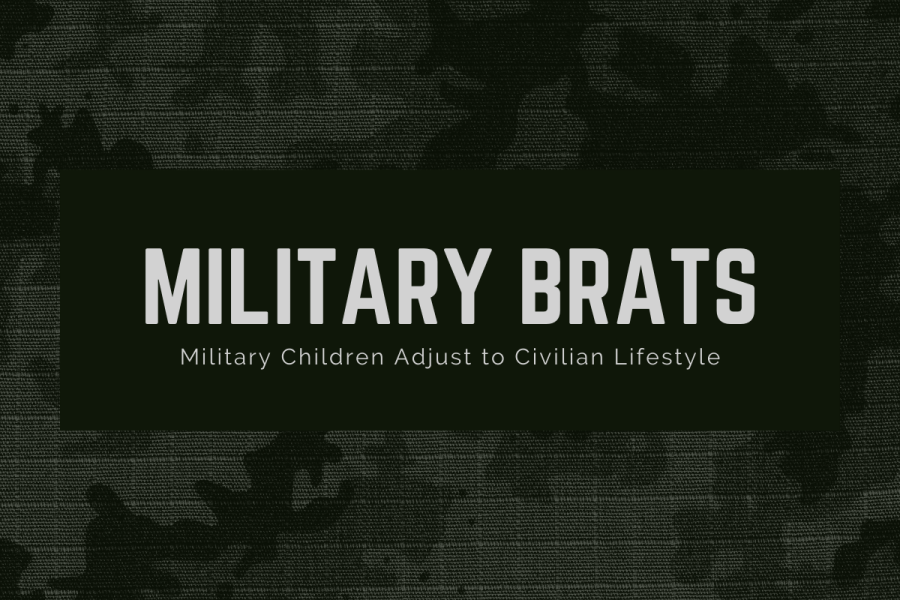
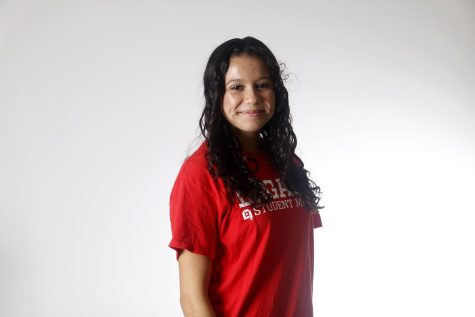



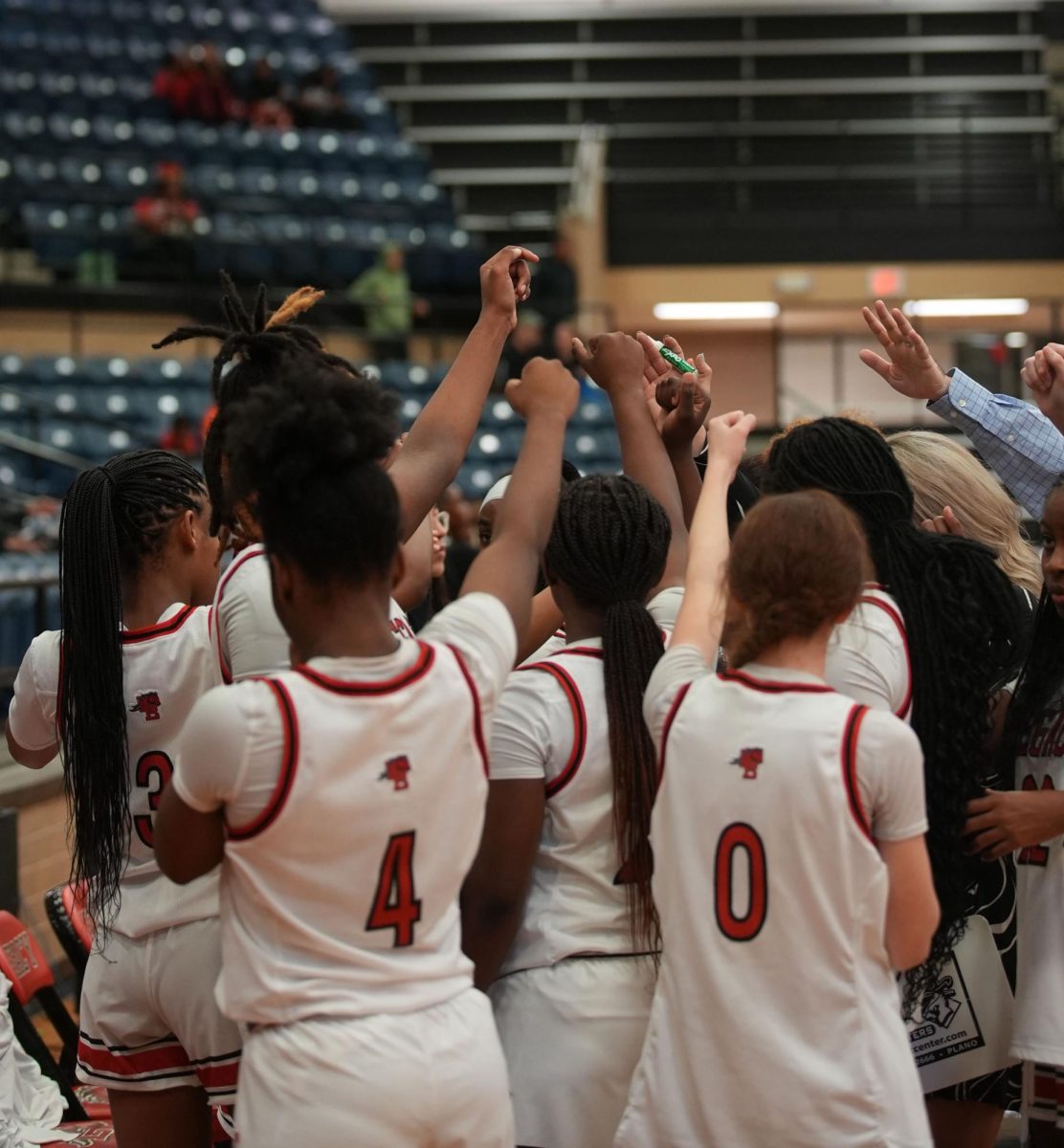
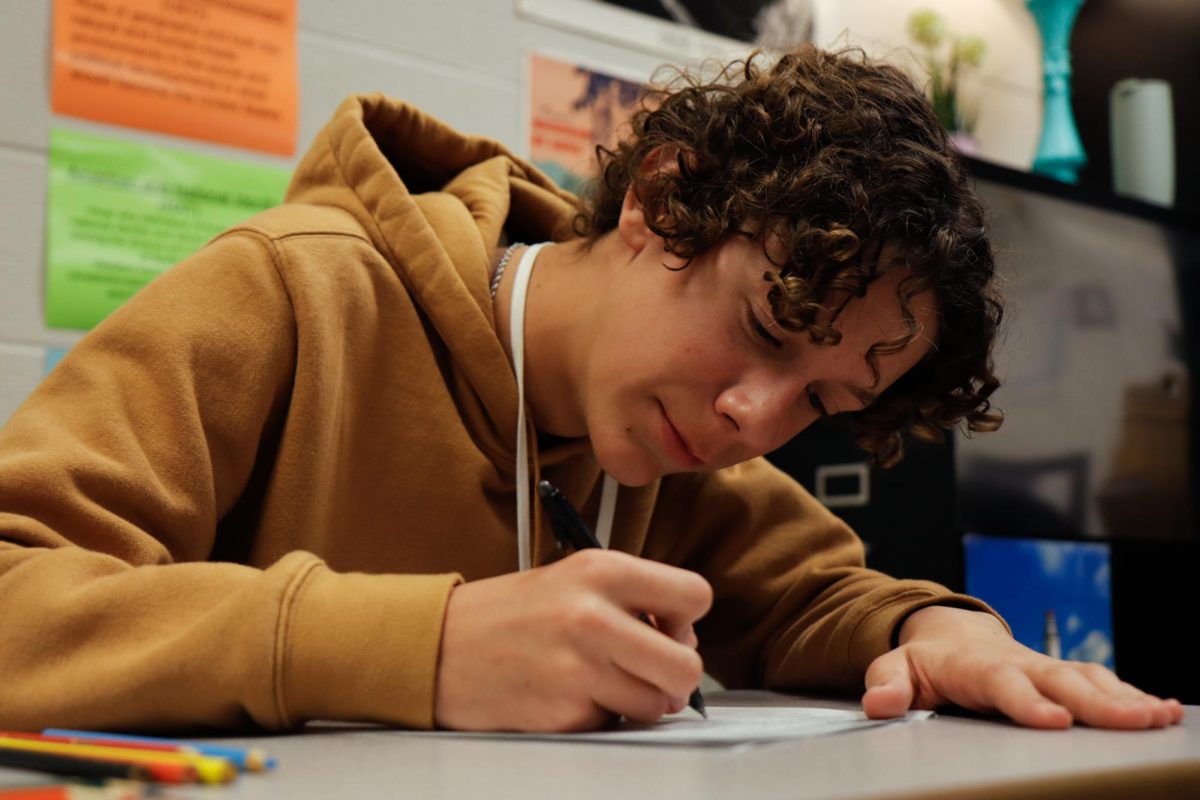






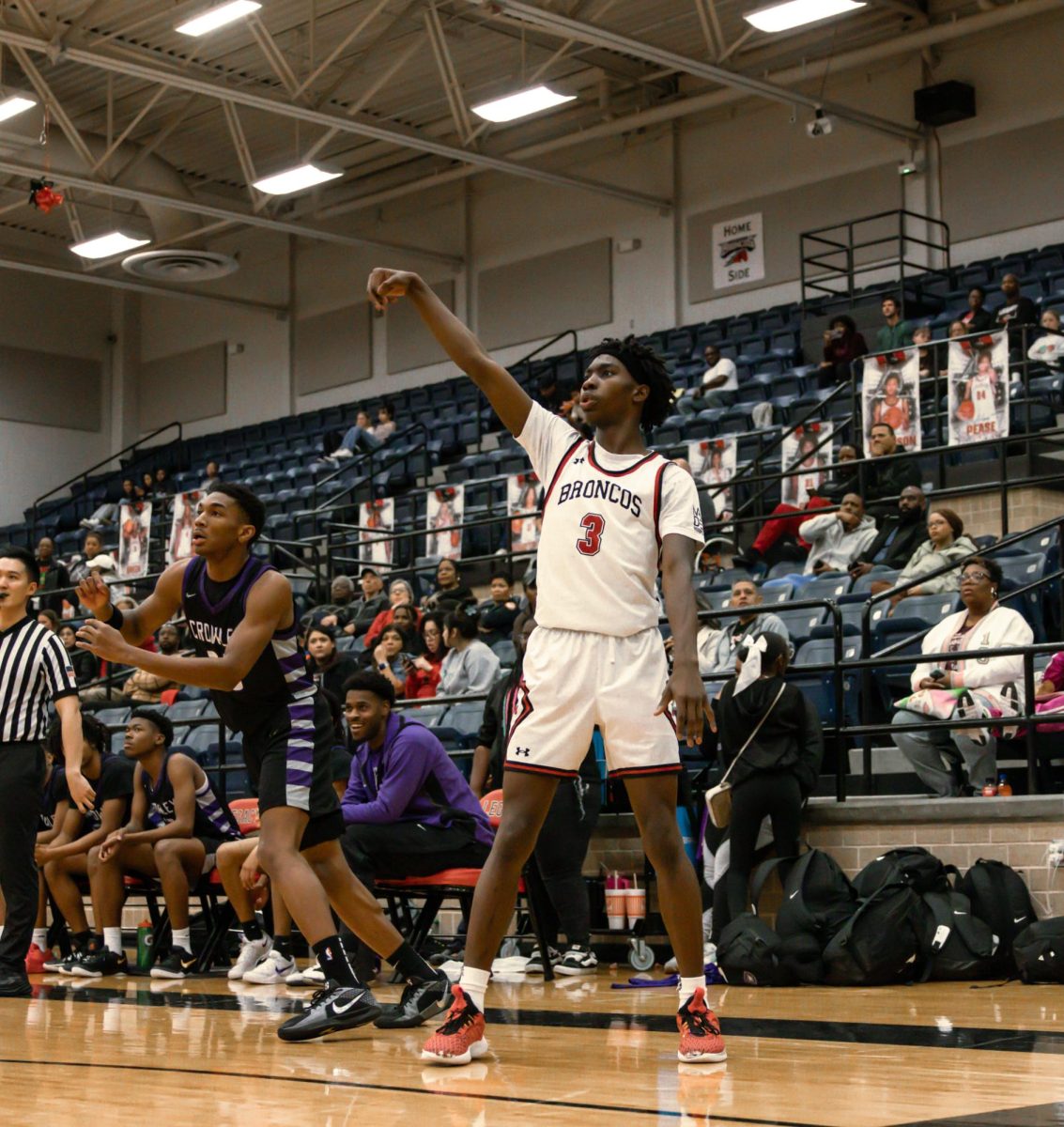


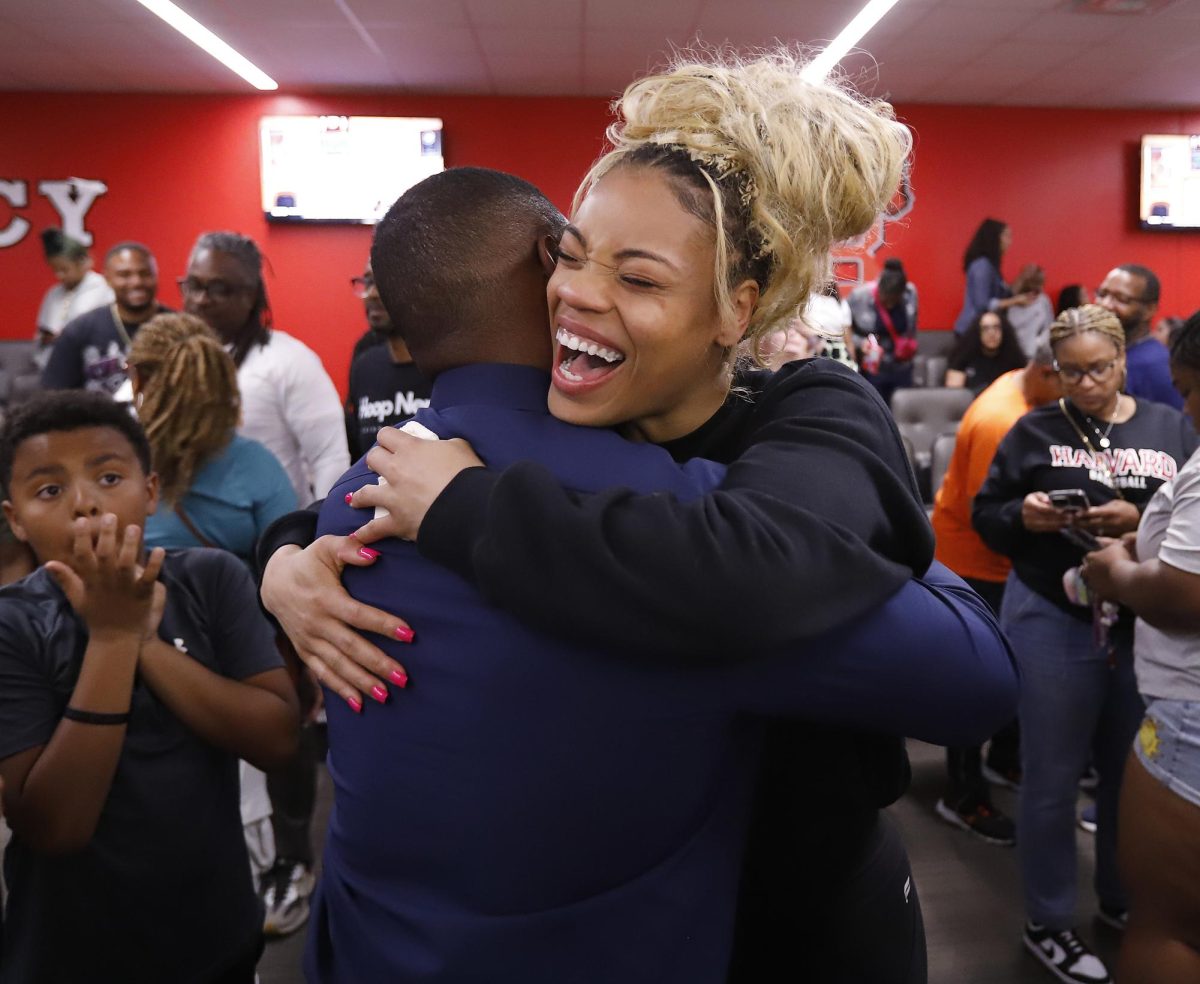



Tom Fierro • Jan 17, 2022 at 1:52 pm
Great insight on a little known issue.
Blake Hinerman • Jan 13, 2022 at 9:33 am
This was so good… eat it up bestie